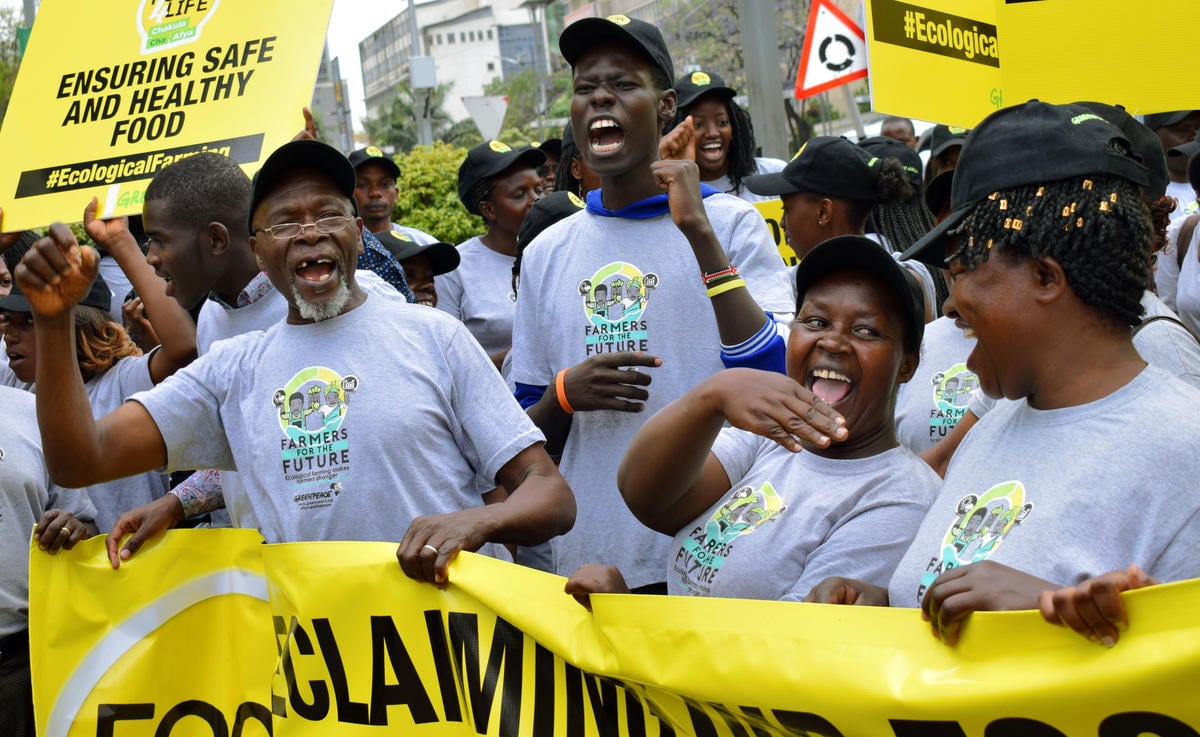Systems, Vol. 13, Pages 413: An Evolutionary Game Analysis of Carbon Trading Mechanisms for Governments, Farmer Professional Cooperatives and Farmers
Systems doi: 10.3390/systems13060413
Authors:
Qianqian Chu
Haoyang Li
Nicola Cannon
Xianmin Chang
Jian Feng
Farmer professional cooperatives are the focus objects of agricultural carbon emission reduction; with the use of the advantages of scale economy and technology, one can promote the development of low-carbon agriculture. In order to study the influencing factors of agricultural carbon emission reduction on farmer professional cooperatives, we explore the interaction effects of carbon emission reduction behavior between farmer professional cooperatives and farmers under government interventions. This paper introduces a carbon transaction mechanism as well as reward and punishment polices into a tripartite evolutionary game model between farmer professional cooperatives, governments, and farmers. Based on the model, we identify a stable evolution strategy and perform simulation analysis. The results indicate that the carbon transaction mechanism can effectively suppress the negative effect of increased costs through higher revenues of the carbon transaction, and carbon prices above 60 CNY/ton enable cooperatives to reduce regional emissions. Higher revenues can promote positive carbon emission reduction behaviors of farmer professional cooperatives and farmers. The sharing ratio increases from 20% to 80%, and farmers gain additional benefits by cooperating in the farmer professional cooperative practices to reduce emissions. Rational regulation of carbon transaction price and quota can promote the participation of farmer professional cooperatives in carbon emission reduction practices and promote the farmers’ inclusion into farmer professional cooperatives.
Source link
Qianqian Chu www.mdpi.com


